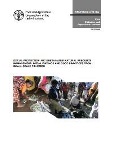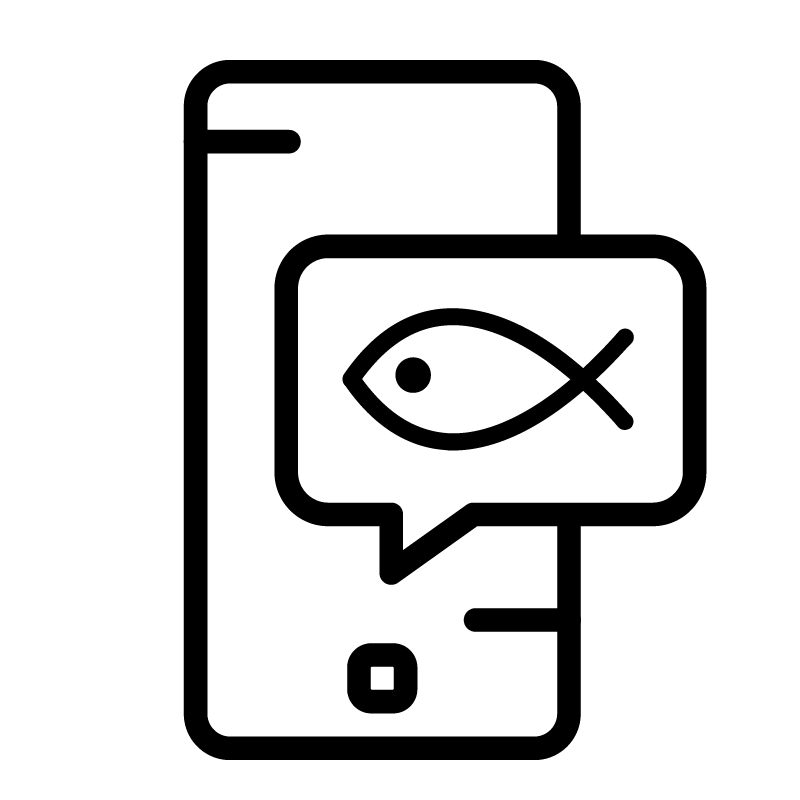Human well-being and ecosystem health
For a fishery to be sustainable, it is important to give attention to ensuring that the stocks of fish fished and the ecosystem they live in are kept healthy and resilient over time. Such efforts will need to take all who depend on fish for food and livelihood into account.
The Ecosystem Approach to Fisheries (EAF) is a holistic approach to managing fisheries, looking at how fisheries affect and interacts with society, economy, culture, and environment. The EAF is based on the idea that human well-being and ecosystem health are linked to one another.
Participatory management
Small-scale fishing communities can play an important role in managing, restoring, conserving and protecting aquatic resources and ecosystems. States and government institutions can empower and support fishing communities to engage in such participatory management – also called co-management – of fisheries resources together with government institutions and other groups.
Co-management is important because it gives voice to the fishers so they can express their needs and claims and contribute valuable knowledge (including traditional knowledge) to the formulation of policies and regulations. It is important in both inland and marine fisheries to make sure that both men and women participate in deciding on management measures affecting their livelihoods, including protected areas. When fishers are involved in making decisions and rules on resource management, these arrangements are likely to be more appropriate, which increases compliance with the rules.
Recommendations in the SSF Guidelines
The SSF Guidelines call for responsible management of fisheries, aquatic ecosystems and biodiversity, and stress that the right to use a resource and the responsibility to manage it responsibly come together (see also the page on tenure rights).
The SSF Guidelines also highlight the need to develop and improve management systems and cooperation in a participatory way. All who have an interest in using the resource have the right to be informed, consulted and included in decision-making processes. Particular attention should be given to include women and vulnerable and marginalized groups.
The SSF Guidelines also provide guidance on the need for sustainable fishing practices that do the least harm to the environment and the fish. States are encouraged to prevent and stop all illegal and destructive fishing practices, avoid overfishing, and put in place systems for monitoring, control and surveillance (MCS). Small-scale fishers are, in turn, encouraged to support and uphold such MCS systems.
Chapter 5B in the SSF Guidelines is about sustainable resource management.
Video on community-based fisheries management
Explore the SSF Guideline Flickr album on Sustainable resource management
Publications
Get to know the SSF Guidelines
- Responsible governance of tenure
- Social development and decent work
- Value chains, post-harvest and trade
- Gender equity and equality
- Disaster risk and climate change
- A human rights-based approach
- Indigenous peoples and small-scale fisheries
- Food security and nutrition
Contact






